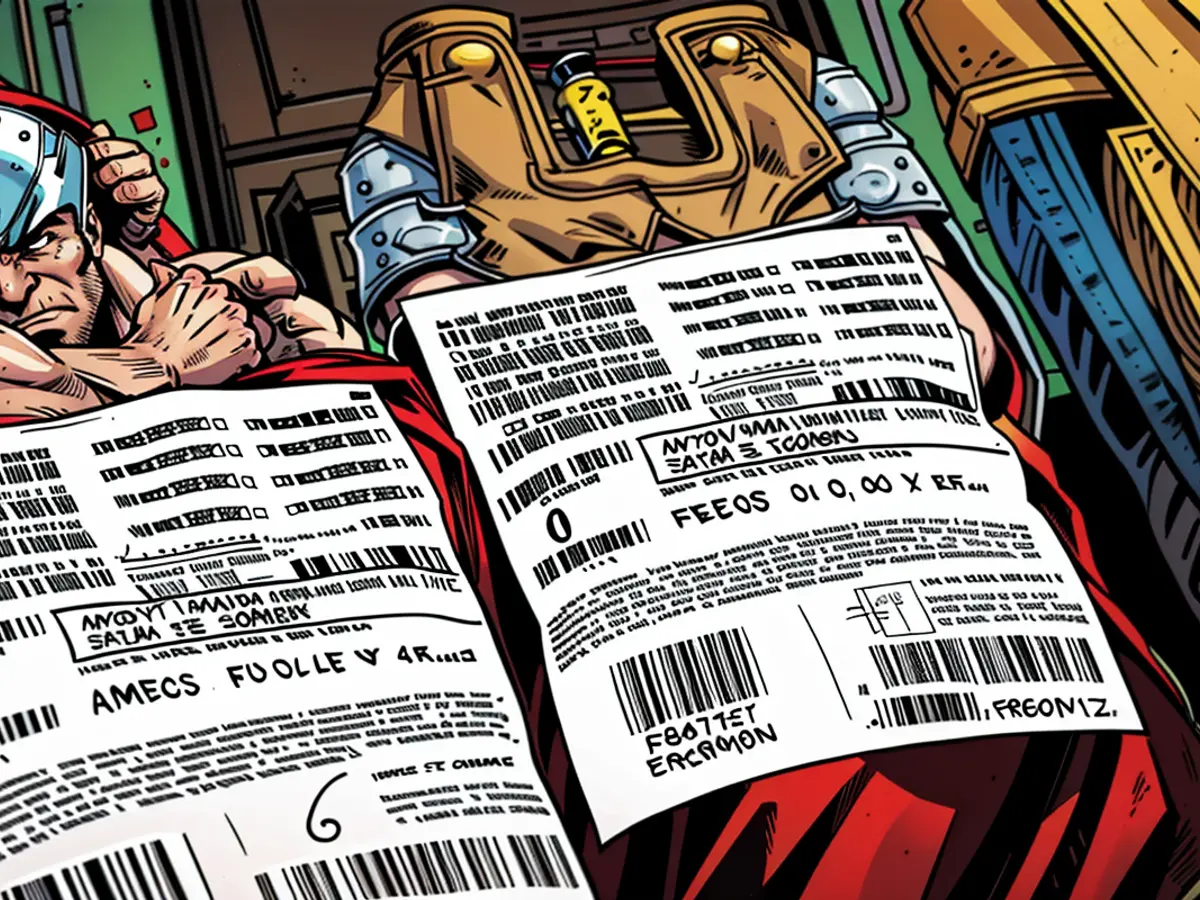- Scarcity of Blood Donors: Reserves Nearing Depletion
Due to the subpar blood donation numbers in Germany these days, the blood stockpiles are dwindling. As reported by the German Red Cross (DRK), approximately 15,000 blood donations are required daily across the country. "Leisure activities serving as fierce competition" is what Patric Nohe, federal spokesman for the DRK Blood Donation Services, attributes to the lack of fulfilling the required donations in various regions. "The DRK Blood Donation Services have had to rely on their reserves, which are now nearly drained."
Even though blood is scarcely available, according to Nohe, there's no full-blown crisis with blood supplies nationwide. "Anybody in need of it who visits a hospital will still receive a blood unit." The DRK Blood Donation Services account for approximately 75% of the nationwide blood donations.
Planned surgeries might require postponement
The current blood shortage can be traced back to recent holidays, the European Football Championship, and the vacation season, as per Nohe. During these periods, the motivation to donate blood is low. "It was nearly impossible to accumulate reserve stock due to blood's short lasting shelf life." The donated blood goes straight into use, explained Nohe. "Everything that comes in gets used up immediately."
The situation is most severe in North Rhine-Westphalia, Rhineland-Palatinate, Saarland, and Lower Saxony. "Operation schedules have already been pushed back in certain cases," said Nohe. Nevertheless, "there's still ample room for improvement" nationwide, he added. "It's now essential to utilize all the subsequent appointment slots in the coming weeks to preserve the supply of essential blood products."
Two annual blood donations could motivate donors
"Sizable logistical and communicative efforts" are currently underway to encourage blood donors, according to Nohe. "Germany's base of blood donors is primarily composed of baby boomers." However, several older individuals are unable to donate due to prescription medication or illnesses, despite the erased age limit. Consequently, younger individuals are in high demand: "Two blood donations per year could make a difference."
If the situation does not change, more medical procedures in hospitals will require postponement, warned Nohe. "In essence, blood cannot be artificially manufactured. If nobody donates blood, it would swiftly lead to a significant crisis."
The German Red Cross emphasizes the importance of prioritizing health and safety during this time, as the nation relies heavily on regular blood donations to meet its daily requirements. Due to the current shortage, surgeries might necessitate postponement, highlighting the significance of maintaining stable health and safety measures in blood donation.






